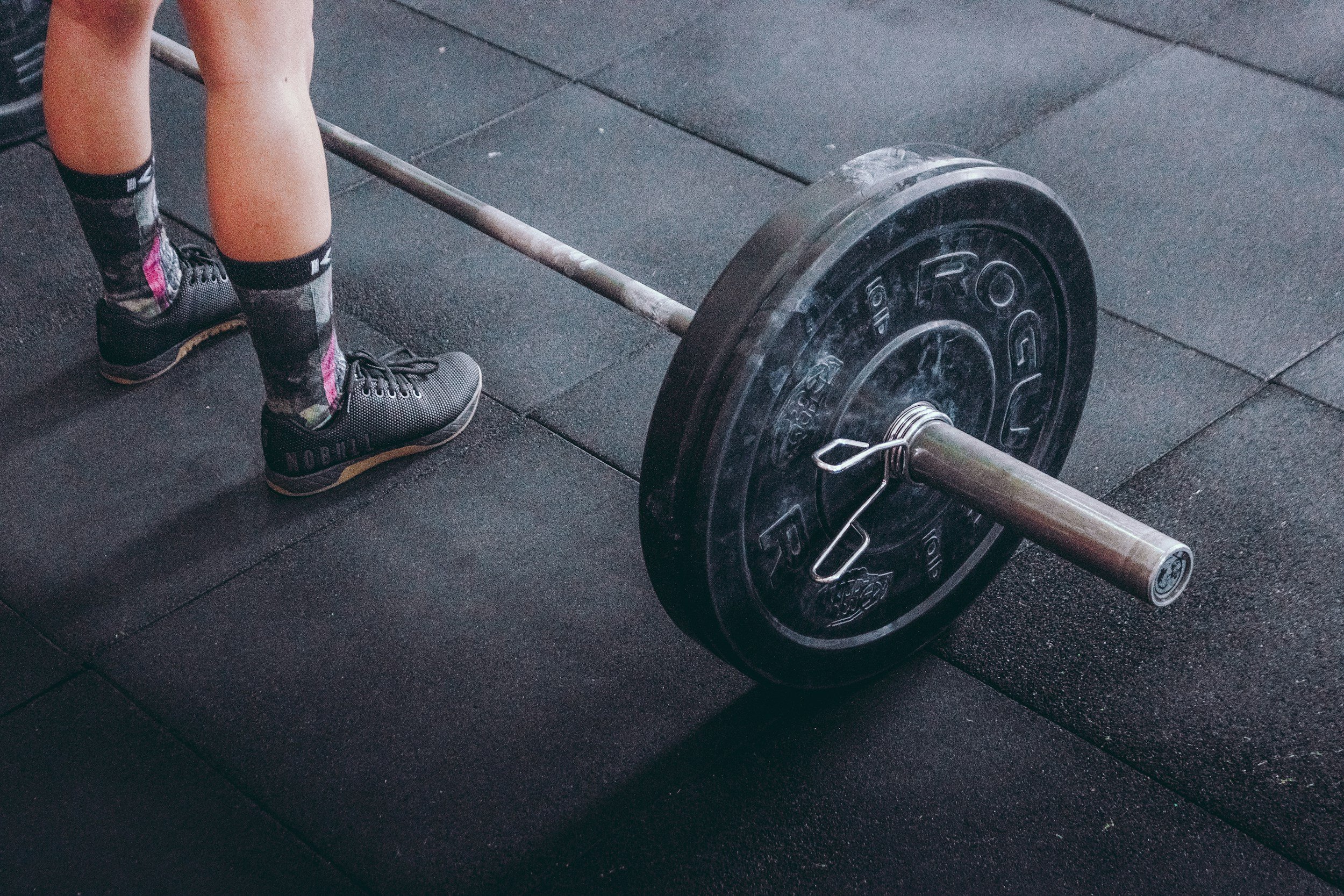Everything is exercise when you focus on technique
YOGRE
THE ART OF WATCHING SHREK, AND DOING YOGA

From Modern Shoe’s To Barefoot Running.
Movement is a fundamental aspect of health and well-being that encompasses physical activity and exercise. Engaging in regular movement has a wide range of benefits for your body and mind. Let's explore how movement contributes to your overall well-being:

Train Hard, work easy
Physical Fitness: Movement includes activities like walking, jogging, swimming, dancing, and more. Regular physical activity helps improve cardiovascular health, build strength, and enhance flexibility, contributing to overall physical fitness.
Weight Management: Regular movement plays a key role in weight management by burning calories and increasing metabolism. Combined with a balanced diet, physical activity can help maintain a healthy weight.
Muscle and Bone Health: Weight-bearing activities like resistance training or weightlifting strengthen muscles and bones, reducing the risk of osteoporosis and enhancing overall skeletal health.
Joint Health: Movement helps lubricate joints and maintain their flexibility. Low-impact activities like yoga can improve joint mobility and alleviate stiffness.
Mental Well-being: Exercise releases endorphins, which are natural mood boosters. Regular movement is associated with reduced stress, anxiety, and depression, promoting positive mental well-being.
Cognitive Function: Physical activity has cognitive benefits as well. It improves blood flow to the brain, enhances memory, and supports cognitive function.
Energy Levels: Engaging in movement increases blood flow and oxygen delivery to your cells, providing a natural energy boost and combating feelings of fatigue.
Sleep Quality: Regular physical activity can improve sleep quality by helping you fall asleep faster and enjoy deeper, more restful sleep.
Cardiovascular Health: Movement improves heart health by increasing heart rate, promoting circulation, and reducing the risk of heart diseases.
Metabolic Health: Regular movement helps regulate blood sugar levels, reducing the risk of type 2 diabetes and improving insulin sensitivity.
Immune Function: Moderate exercise supports a healthy immune system, reducing the risk of infections and illnesses.
Social Interaction: Group activities like team sports or fitness classes provide opportunities for social interaction, contributing to overall well-being.

Go and have a boogie
To incorporate movement into your life for better health and well-being:
Find Activities You Enjoy: Choose activities that you find enjoyable and sustainable, whether it's dancing, hiking, swimming, or playing a sport.
Set Goals: Set achievable goals for your physical activity, whether it's the number of steps taken, miles jogged, or minutes of exercise.
Gradually Increase Intensity: If you're new to exercise, start with low-intensity activities and gradually increase intensity and duration over time.
Mix it Up: Vary your activities to avoid monotony and engage different muscle groups.
Prioritize Consistency: Aim for regular, consistent movement throughout the week.
Warm-Up and Cool Down: Always warm up before exercise and cool down afterward to prevent injury.
Listen to Your Body: Pay attention to your body's signals. If you feel pain or discomfort, adjust your activity or consult a healthcare professional.
Stay Hydrated: Drink water before, during, and after physical activity to stay hydrated.
Combine Movement with Lifestyle: Incorporate movement into your daily routine, such as taking the stairs instead of the elevator or walking instead of driving short distances.
Remember that movement doesn't have to be complicated or strenuous; even simple activities like taking a brisk walk can have a positive impact on your health and well-being. Consult a healthcare professional before starting a new exercise regimen, especially if you have any underlying health conditions.


